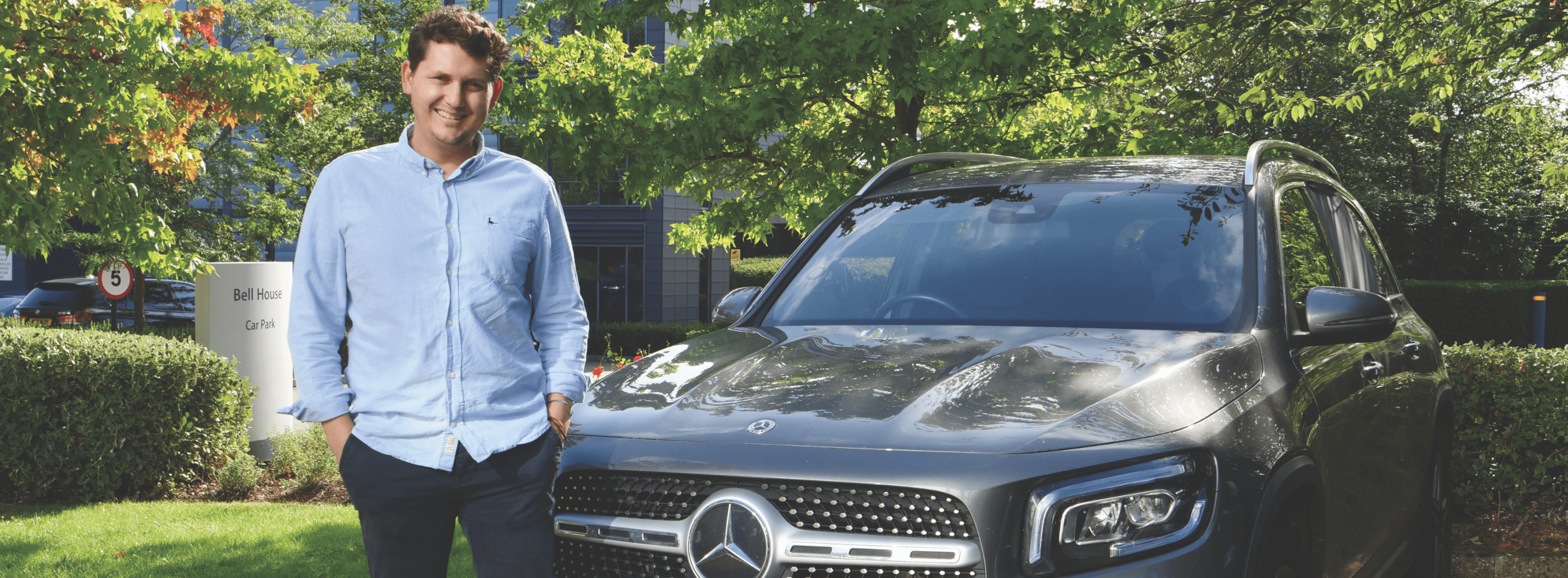The UK automotive sector, a vital component of the nation’s economy, is navigating a constantly and rapidly changing landscape shaped by technological innovation, regulatory pressures, and shifting consumer preferences. A combination of technological, regulatory and economic forces continues to converge, making the sector one that serves up both exciting opportunities and significant challenges.
With the UK government’s mandate to ban the sale of new petrol and diesel cars by 2030, OEMs are rapidly increasing their investment in EV technology. The shift is not just about replacing old models with new; it involves developing new infrastructure, an extensive network of charging stations, and innovating battery technology to improve range and performance.
While EVs are leading the charge, hydrogen fuel cells and other alternatives are starting to gain some traction. Hydrogen continues to be explored for its potential in heavy-duty and long-distance transport, where battery technology might not yet be viable (or, indeed, practical). Whether or not hydrogen becomes what the digital music revolution was to the minidisk player, remains to be seen…
As part of the drive to EV, the UK’s environmental regulations continue to push the sector towards ever greater sustainability. Stricter emissions standards, requirements for increased fuel efficiency, and mandates for recycling and waste reduction are all on the agenda. Compliance with these regulations goes beyond automotive retail; it’s fundamentally reshaping manufacturing processes and product designs. OEMs are acquiring companies specialising in electric vehicle technology, battery production, and clean energy solutions as seen with General Motors taking a significant stake in a leading battery technology company in 2023, bolstering its electric vehicle line-up and securing further vertical integration of its supply chain.
Aside from government regulatory mandated change, consumer preferences continue to shift and influence the market. There is a growing demand for electric vehicles driven by environmental concerns, government incentives, and advancements in technology and the UK government’s upcoming 2030 ban is only likely to accelerate this shift. In June 2024, 34,034 (19% of all new car registrations in the UK) were EV but there remains significant investment in EV infrastructure required if the UK is to hit its ambitious 2030 target. By comparison, China remains at the forefront of the EV revolution, with ambitious goals and substantial investments and is projected to achieve some 11.5 million electric vehicle sales in 2024 (of around 17 million units forecast to be sold globally).

Aside from the move to EV, wider technological advances continue to transform the sector. There is a growing demand for digital experiences, such as online vehicle sales and virtual showrooms with the average consumer in 2024 now expecting a raft of in-car technology as standard; intuitive infotainment systems, autonomous driving features and connectivity options like smartphone integration and over-the-air update, all whilst remaining price and value sensitive. To this end, global OEMs continue to invest in autonomous driving and connected vehicle technologies, incorporating artificial intelligence, machine learning and 5G to enhance vehicle safety, navigation and user experience. However, these technologies come with a raft of their own problems to solve in respect of regulation, cybersecurity and public acceptance (particularly considering the aggressive expansion plans Chinese OEMs have on established western markets, including that of the UK).
At home, potential headwinds with the governmental regulatory fraternity remain very much an issue at the top of the automotive agenda for OEMs, automotive retailers and third-party providers in the wider supply chain.
Aside from continual regulatory change and rapid technological advancement, changes to the economic landscape continue to bite; the increasingly outmoded model of car ownership remains pressed, with consumers more and more exploring flexible leasing and subscription service ownership models, which are seen as offering greater flexibility when compared to traditional ownership. All at a time when the sector is facing enhanced compliance with increasingly stringent regulations requiring significant investment of time, money and people – the transition to electric vehicles involves substantial R&D and infrastructure costs.
Alongside all of this, the automotive retail market is more competitive than ever, with numerous players vying for market share and a steady drip of consolidation happening right across the AM100 and beyond. Retailers continue to strive to differentiate themselves through pricing, customer service and value-added services to remain competitive and time will tell whether the strategies being deployed offer the relative insulation they are perceived as providing.
There is no doubt that the UK automotive sector remains in a state of significant transformation, driven by advancements in technology, evolving regulatory requirements and shifting consumer preferences. As the industry adapts to these changes, it faces both challenges and opportunities. There is no crystal ball, but what is more certain is that the future will be shaped by how effectively it can navigate these dynamics, innovate and embrace new ways of operating in a rapidly evolving landscape.
Tom Redman is a Partner at Howes Percival LLP, Head of its Automotive team and routinely advises Top 25 franchised and independent motor dealer groups on their UK M&A acquisitions and disposals programmes.
For more information visit the website or contact tom.redman@howespercival.com













